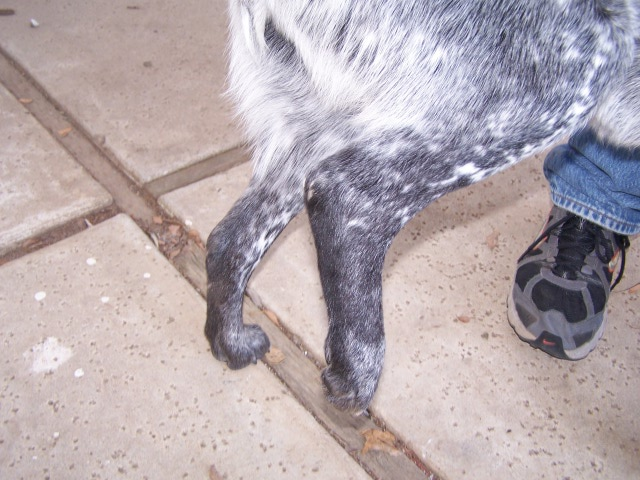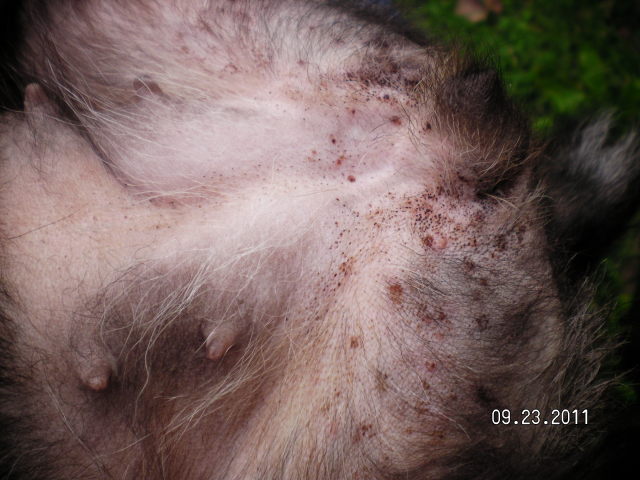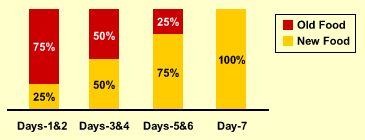QuestionHi,
Our family pet dog recently died of a spleen tumor that started bleeding the night before its surgery to remove the spleen. It all happened very suddenly. Ultra Sound the day before showed a spleen tumor that was very large (size of a volley ball), but X-rays showed clear lungs and heart. He was fine right up to the day he died. Good appetite and having fun on his walks with lots of energy. He was a bit more lethargic than usual and his stomach felt a bit swollen. He was a 12 year old german shepherd who was still in good shape. We thought he was just getting older and a bit fat, but we took him to the Vet. It seems his tumor started bleeding and led to a heart attack. In the consultation prior to the surgery the doctor told us the fact that the tumor was so large meant it was a better chance that it was not malignant, but German Shepherds were also prone to malignant spleen tumors. He felt it was a 25% to 30% chance it was a benign tumor and not Hemangiosarcoma.
It seems even benign tumors can bleed out. I am not sure if it is true that the fact that it was such a large tumor still meant a good chance of it being benign if it was a German Shepherd. Also I am wondering if the fact that the bleeding occurred right before the surgery time meant a higher chance he would have died in or after surgery. Many questions of remorse, guilt and just wanting to know what happened. Maybe we will never know for sure since we did not do an autopsy. Is it true that larger tumors of the spleen are more likely to be benign? How large do Hemangiosarcoma spleen tumors become? It it was that large and malignant would it already not have spread to the lungs?
AnswerGary -
I do not know if there is a correlation with the relationship between the size of a tumor and the likelihood that the tumor would be malignant. Many splenic tumors are very large and malignant. There is a possibility that the tumor was malignant but had not yet metastisized to the lungs; it seems as though the tumor your dog had simply was so large that it burst. This, too, is common with splenic tumors. Splenic tumors are usually composed of red blood cells that grow rapidly and it is not uncommon for them to outgrow their source -the spleen.
I am sorry for your loss - but unfortunately, splenic tumors are common in German Shepherds. It appears that you were doing a great job with him - take solace that you were a great owner and friend to him.
Best Regards,
Charlotte Sherrell, DVM

 labor in dogs
QuestionQUESTION: My female pomapoo went into labor aro
labor in dogs
QuestionQUESTION: My female pomapoo went into labor aro
 Dog broken toe or sprain?
Question
Dog Dog
Hello. I have a 10
Dog broken toe or sprain?
Question
Dog Dog
Hello. I have a 10
 dog has spots
Question
spot on back
my dog is a puggle pom mix
dog has spots
Question
spot on back
my dog is a puggle pom mix
 Our GSD puppy died Why
Questionbefor 1 days from suff
QUESTION: i just
Our GSD puppy died Why
Questionbefor 1 days from suff
QUESTION: i just
 Puppy wont eat
QuestionHello, i have a 8 week old golden retriever and
Puppy wont eat
QuestionHello, i have a 8 week old golden retriever and